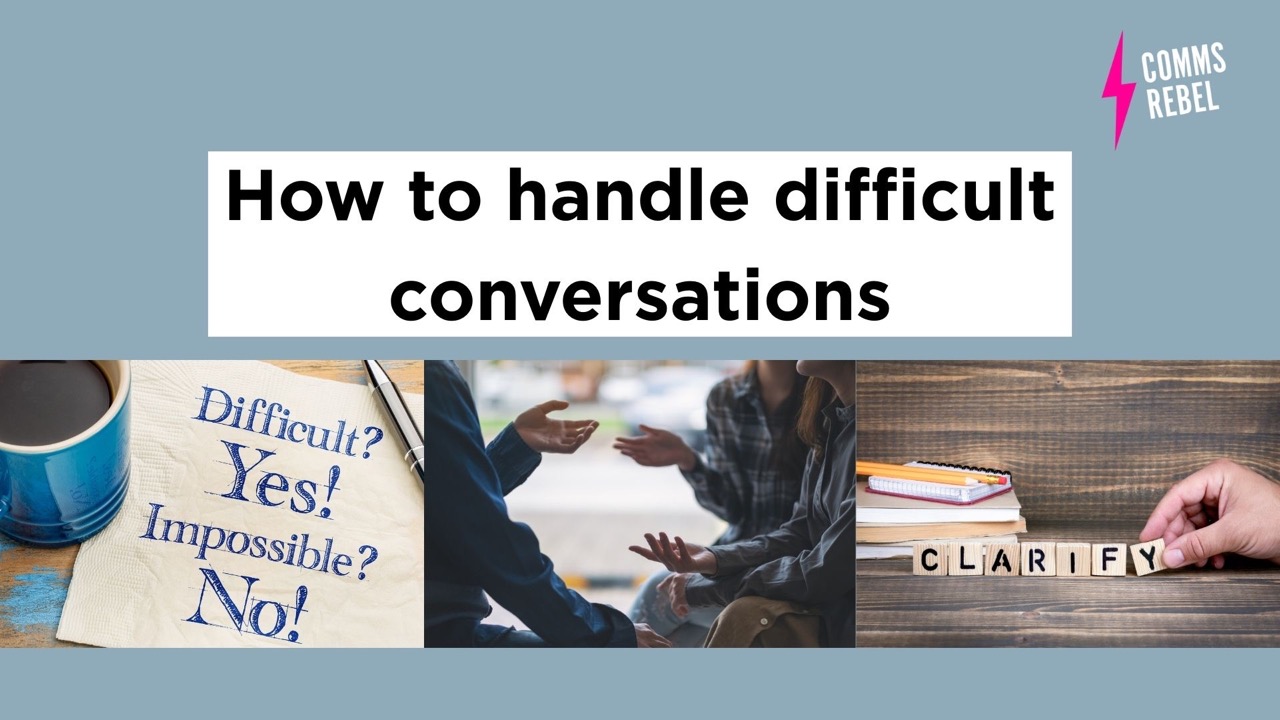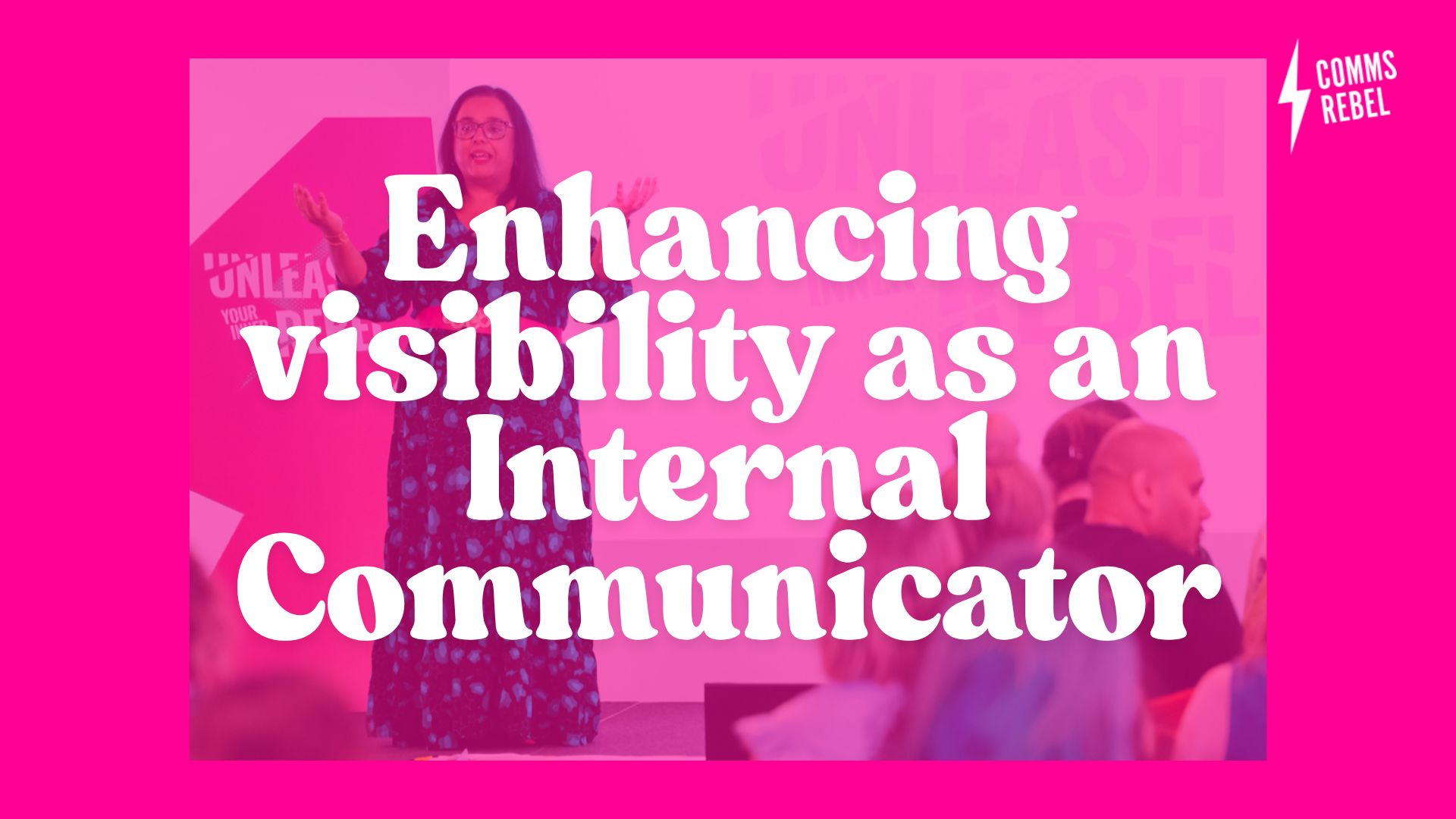It’s been Mental Health Awareness week and I’ve loved seeing so many people open up about their experiences with mental health as it helps break down the barriers that surround the subject. I wanted to dedicate this week’s blog to Mental Health as it’s something that’s quite important to me. I’ve just finished taking part in an online chat hosted by CIPR UK about Mental Health in the world PR and it was great to see so many people take part and share their thoughts (search for #CIPRChat to catch up on the convo).
Mental health impacts almost 1 in 4 people at some point in their lives [i] and according to the recent #StateofPR report 16% of PR pros live with a mental health condition, which was an increase of 10% on previous year’s research. As communicators our roles are getting very busy as each day passes on. Gone are the days where you could do your job within the traditional ‘9-5’ slot. Nowadays with the introduction of technology and Social Media we’re expected to be switched on 24/7 – it can be exhausting.
With this constant noise around us it’s important to take some time out for yourself and evaluate your mental health regularly. A few years ago I worked within IC at a Mental Health Trust and I learnt so many things whilst I was there but one key thing I took away is that NOBODY should ever be ashamed of their mental health. I know it’s not easy to talk about it and sometimes it’s hard to know where to start or who to talk to. If you feel you can’t talk to your friends/family/colleagues then there are lots of places you can seek out help: https://www.nhs.uk/conditions/stress-anxiety-depression/mental-health-helplines/
I’m by no means an expert in this area but here are some top tips that have worked for me in the past when I’ve not been feeling mentally well:
- Switch off. I think it’s important on occasion to switch off your devices and do something different. Whether it’s reading an actual book, colouring in or treating yourself to a massage, even if it’s only for five minutes.
- Get physical. As much as I dread the thought of exercising I have to admit going for a long walk or doing a quick workout really helps lift my mood.
- Go for a coffee and a chat. It’s so important to talk to someone if you’re not feeling yourself. I know it’s hard to take that first step but once you do you’ll feel much better for it.
- I know harder said then done when your mind is whirring but one thing that’s really helped me is the CALM app. It plays relaxing music, teaches you mediation but best of all there are some ‘sleep’ stories that you can listen to and within five minutes you’ll be knocked out – promise.
- I scoffed when someone first told me about mindfulness, I thought it was just some new age stuff that people who were into yoga and mediation did. However, it really works. Being aware of your present moment helps you to experience things that you may have been taken for granted. The Mind charity explain it much better than me here: https://www.mind.org.uk/information-support/drugs-and-treatments/mindfulness/#.Wv7tbYgvw2w
I really hope the above tips help some of you. Below I’ve also captured some of the sound advice that was shared by the participants on today’s #CIPRChat which I hope you find helpful. Remember you’re never alone, if you ever want to chat and you’re not sure who to talk to then please drop me a note – whatever you do don’t suffer in silence:
It’s so important to talk about it. I know there can be a long wait time for help but there are so many great helplines, apps and local organisations that can help e.g. Happier (app), SaneLine (helpline) etc. #CIPRChat #MHAW18 @ChantePlom
#CIPRchat Taking steps to look after your physical health can help you manage your mental health too – get good sleep, eat well, keep physically active @Emma_Mamo
It’s important to champion people who are passionate about #mentalhealth as they will help drive that message across the organisation. We’re lucky to have people like @ChantePlom for example who is leading our employee wellness efforts #CIPRchat @KetchumUK
A2: encourage open discussions, provide wellness packages, create a “safe space”, offer time off & flexible working, create a “buddy system”, have a white board with anonymous post-its where each employee can share their thoughts #CIPRChat @EllaMinty
Make it as usual and normal to ask about an employee’s mental health and wellbeing as it is to ask about their physical health. #CIPRchat @Judetipper
A2 There is a lot employers can do to help starting with workplace schemes designed to prioritise staff wellbeing. An open door policy helps especially where employees have no fear of repercussions #CIPRchat @Hallmeister
#CIPRChat Encourage a constructive, open environment, where employees feel comfortable enough to raise issues that matter to them; hold regular team meetings to ensure workloads are manageable and to give people the chance to speak up. @CIPR_UK @ToodlyPipski
[i] McManus, S., Meltzer, H., Brugha, T. S., Bebbington, P. E., & Jenkins, R. (2009). Adult psychiatric morbidity in England, 2007: results of a household survey. The NHS Information Centre for health and social care.


